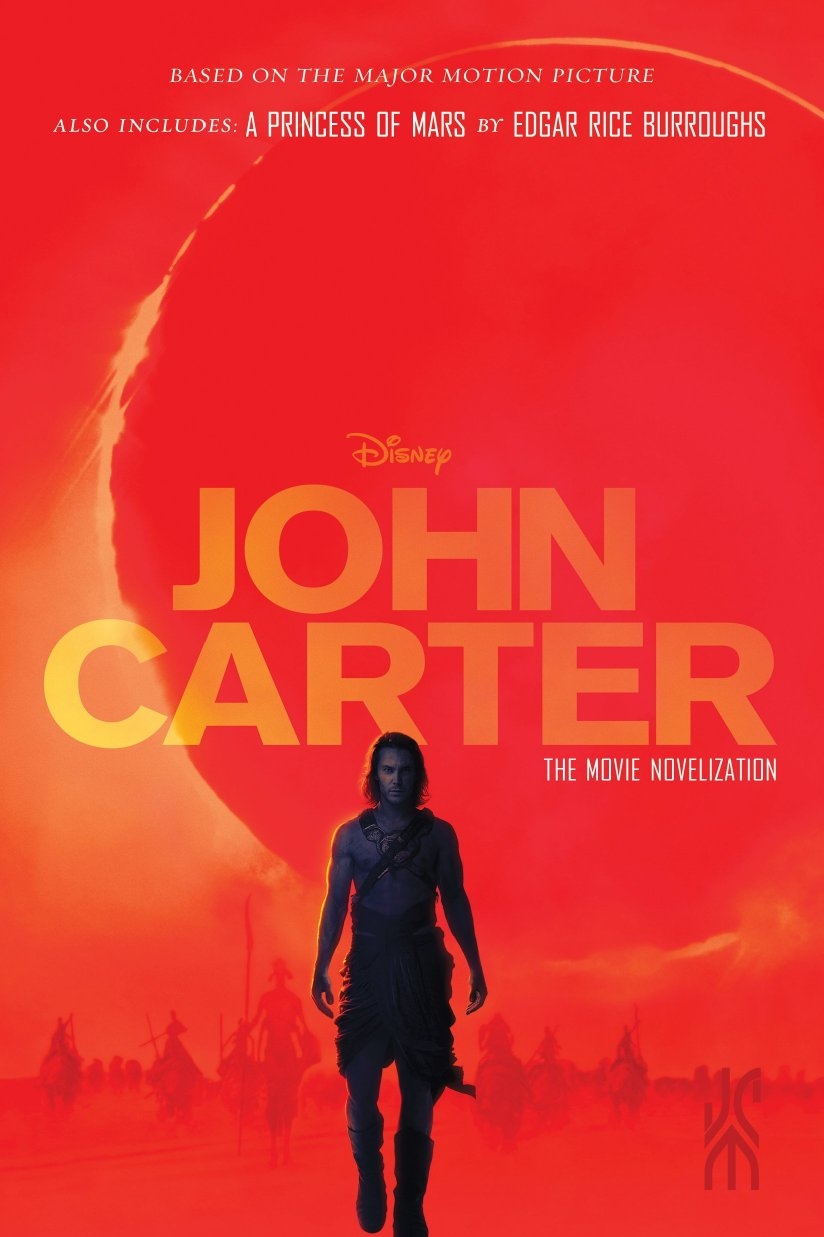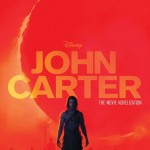
 I wrote this article about two years ago, but decided not to publish it then, because of the reaction from a few people. I decided that it’s time to publish it, however. Over the past few months I’ve been thinking about this concept. It’s actually something that has been rolling around in my head for many years, but I’ve always known how people would react to it. The response would be extremely negative. In fact, when I posted this article in a pair of groups on Facebook to get feedback, that’s exactly the response that I got. One person called the mere idea a travesty. Much discussion followed, and I’ve heard the most negative of reactions to this idea possible. To those that will, inevitably, also hate this idea: you have been heard. Take comfort in the fact that this project is only in my own mind, and not something that I expect to ever actually come to fruition.
I wrote this article about two years ago, but decided not to publish it then, because of the reaction from a few people. I decided that it’s time to publish it, however. Over the past few months I’ve been thinking about this concept. It’s actually something that has been rolling around in my head for many years, but I’ve always known how people would react to it. The response would be extremely negative. In fact, when I posted this article in a pair of groups on Facebook to get feedback, that’s exactly the response that I got. One person called the mere idea a travesty. Much discussion followed, and I’ve heard the most negative of reactions to this idea possible. To those that will, inevitably, also hate this idea: you have been heard. Take comfort in the fact that this project is only in my own mind, and not something that I expect to ever actually come to fruition.
The idea resurfaced when I saw a book on the shelves at Barnes & Noble. The book was John Carter: The Movie Novelization. It’s a very thick book that is 555 pages long and is based on the motion picture screenplay. On the inside of the book it says the following:
John Carter: The Movie Novelization by Stuart Moore, based on the screenplay by Andrew Stanton & Mark Andrews and Michael Chabon, based on the story A Princess of Mars by Edgar Rice Burroughs.
Also includes: A Princess of Mars by Edgar Rice Burroughs.
It’s that last statement that makes things more interesting. It’s one that I think makes the whole thing work. Now, A Princess of Mars was originally published as a serial in All-Story Magazine under the title “Under the Moon of Mars” from February to July of 1912. The story is literally one hundred years old. There are eleven books in the Barsoom series, which spanned release from 1912 to 1943. The Narnia books are about forty years younger than the first book, and only seven years younger than the last. From the outside, it appears that people seem to care a lot more about the Narnia books, but I’ve met a number of people that were waiting a very long time for A Princess of Mars to come to the big screen. One such person was an artist that worked with Jack Kirby for about 20 years and also on some Disney projects, who told me that he’d seen John Carter about five times. He said he’d been waiting for that movie for 50 years, and even though it wasn’t exactly like the book, he loved every minute of it.
I also found this review from someone that has been waiting a very long time for the book to finally come to the big screen: Review of John Carter Movie Novelization (Warning: SPOILERS!)
Okay, so I’ve been waiting for this movie for forty-five years. The casting is fantastic, and, from the numerous trailers, the special effects seem exceptional. So all I was worried about was the script. Unable to delay my gratification, I got this novelization and read it.
Although numerous “small” changes and a few major ones have been made, it is STILL essentially the Princess of Mars storyline. Sure, they used some sci-fi jargon (e.g., nanotechnology) to explain things Burroughs left mysterious, and they moved the Thern Matai Shang from a later book…but still, so far so good. The spirit of ERB’s masterpiece was still intact.
HOWEVER (and this is no small thing): Early in the story, John Carter confronts the villian Sab Than. It is then stated that although John Carter has has SOME experience with a sword, Sab Than is far his superior. NOOOOOOOOOOOOOOOOO!!! The MAJOR aspect of John Carter–repeated OVER and OVER in the books–it that he is the “greatest swordsman on two worlds”! I mean, this guy could hold his sword between his knees and still best anyone else without working up a sweat! It’s not his leaping ability or strength (which any of us would have if we were displaced to Burroughs’s Barsoom); it is his superhuman swordsmanship that makes this character special. To ignore or change this is like depicting a Tarzan who can’t leap from tree to tree or kill lions, or having a Superman who cannot fly. It is TOTALLY contradictory to and a betrayal of the character!
*sigh* Ah well, I’m sure I’ll still enjoy the movie, but can anyone rationally explain why such a critical change would be made to the character? By the way, the novelization is a fun, fast read, not challenging, but also not stupidly oversimplified either…therefore much like Burroughs’s original work.
Clearly the novelization worked for him, and he seems to be one of the biggest fans of the original work based on his want to read the book as soon as possible. Side note: he mentioned a “Superman who cannot fly” as a betrayal of the character. Ironically, Superman couldn’t fly in at least the first issue of Action Comics (where Superman first appeared).
There’s also the fact that the original work is included. This means that, even though there’s a new version of the story based on the film, the reader also has immediate access to the original story as written by the author.
We all know that movies and books are very different mediums for storytelling, and that movies rarely tell the complete story as written. Even the movies that get things really close to the book still have some changes. There are even some movies that get things so close to the original work that a novelization wouldn’t be necessary. There are, however, those times that the movie has rearranged things or made some additions or changes that make the story just different enough that a novelization worth writing.
Another review of the John Carter book said this: “Happily the film […] is a decent and fairly faithful adaptation of its ground-breaking source material — I’m happy to have finally discovered this classic from the pen of a pulp fiction master.” (via)
This is one instance where a novelization may not have been necessary, but it does raise some fairly interesting questions. These are the same questions that I found myself asking some folks on the set of The Voyage of the Dawn Treader back in 2009. I asked some of the cast and crew if they had read the books. Most had only read the ones that they were working on at the time, but one theme that recurred was the response that many had to reading Prince Caspian. The response to the book after having seen the film was not too favorable, to say the least.
That lead me to an idea that, at the time, would have been very controversial but could potentially lead to more people actually reading the books.
What if a writer was hired to take the screenplays for each of the current Narnia films and write novelizations? What if, like John Carter, each of the novelizations was paired with the original story by C.S. Lewis?
I can see a number of benefits to something like this.
First, a contemporary writer could work on a Narnia book. This would introduce readers to another writer that they might like, and they might want to read more of that writer’s own original works. It gives that writer a chance to play in the world of Narnia, which may be the very reason that they are a writer today. I would also appreciate if the author had a similar faith to that of Lewis. I feel they could re-insert some of the theological themes that Lewis had originally included in the books, but were left on the cutting room floor of the movie for various reasons.
Second, it gives those that enjoyed the movies for what they were a chance to read something that they recognize, and the author can even take things deeper, instilling more of the theology that C.S. Lewis had written but could not translate into a visual medium very easily. While it’s not necessary, it could bring in readers that want to read the story as it happened in the film to get more of that. I read the novelization of the movie Hook, by Terry Brooks, and it brought more depth to the story on screen. The Hook novelization included deleted scenes that were in the screenplay, which add valuable insight and made the movie watching experience better.
Third, it would also provide a bridge for those that want to read the original work, because it is included with the novelization, completely intact. They get a new version of the story, plus the C.S. Lewis original. It doesn’t change the original book in any way, any more than a film adaptation changes the source material.
Middle-earth and Narnia artist Jef Murray commented: “I think a novelization that truly attempted to underpin the storyline from the films by pulling them closer to the “whys” and “wherefores” of the original tales might prove helpful. I found much of the introduced immaturity of the characters in the films (notably Peter and Caspian) eroded the dignity and power of the book storylines; in print, those issues might be downplayed and the depth of the original works brought to the fore. Certainly one would no longer be a slave to the needs of film as the medium…”
Disney’s release of a John Carter novelization has had the effect of, not only bringing more readers to the original book (as it is included), but also, sales of the other original books by Edgar Rice Burroughs can be tracked directly from the novelization, based on reviews of the novelization where the critic said as much. Plus, a book can bring about added depth to the story as seen, like James Luceno’s Cloak of Deception does for The Phantom Menace.
There are many that feel that this sort of thing should not be necessary at all. That, if the filmmakers had actually gotten the movie “right” the novelization would be the original book. That’s fine. I do, however, point to the fact that the John Carter film was very close to the original book (probably as close as The Lion, the Witch and the Wardrobe (2005) was to the book), and still there was a novelization written.
I don’t think that this is something that is necessary all the time, but I do think that it would be very interesting. And for those that don’t like it, you’ll always have the original texts on the shelf to read whenever you’d like.
Related article: Successful adaptation of “vintage” sci-fi? – From “A Princess of Mars” to “John Carter”

